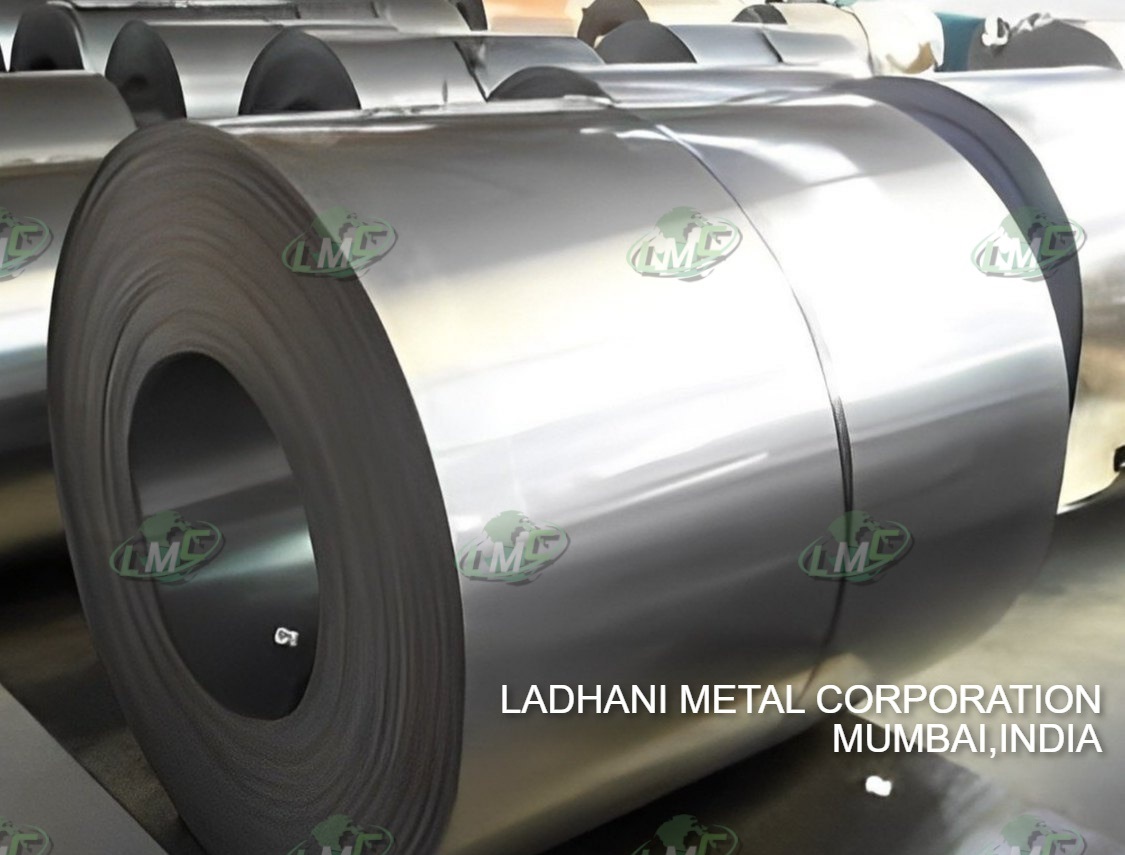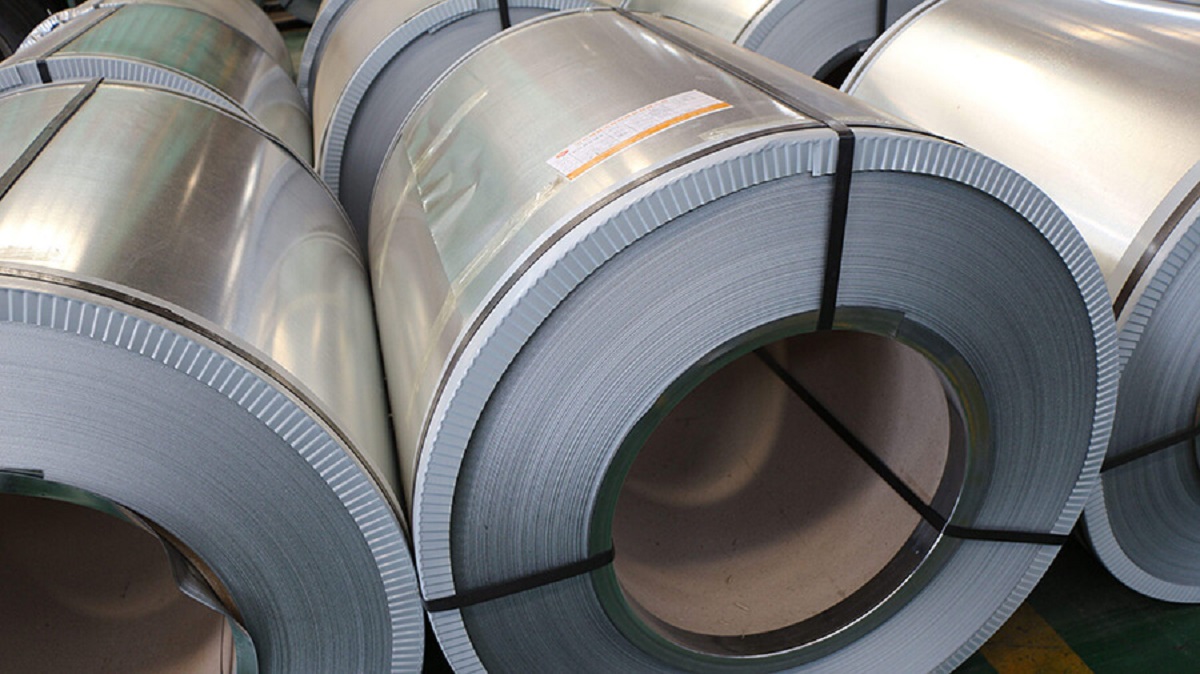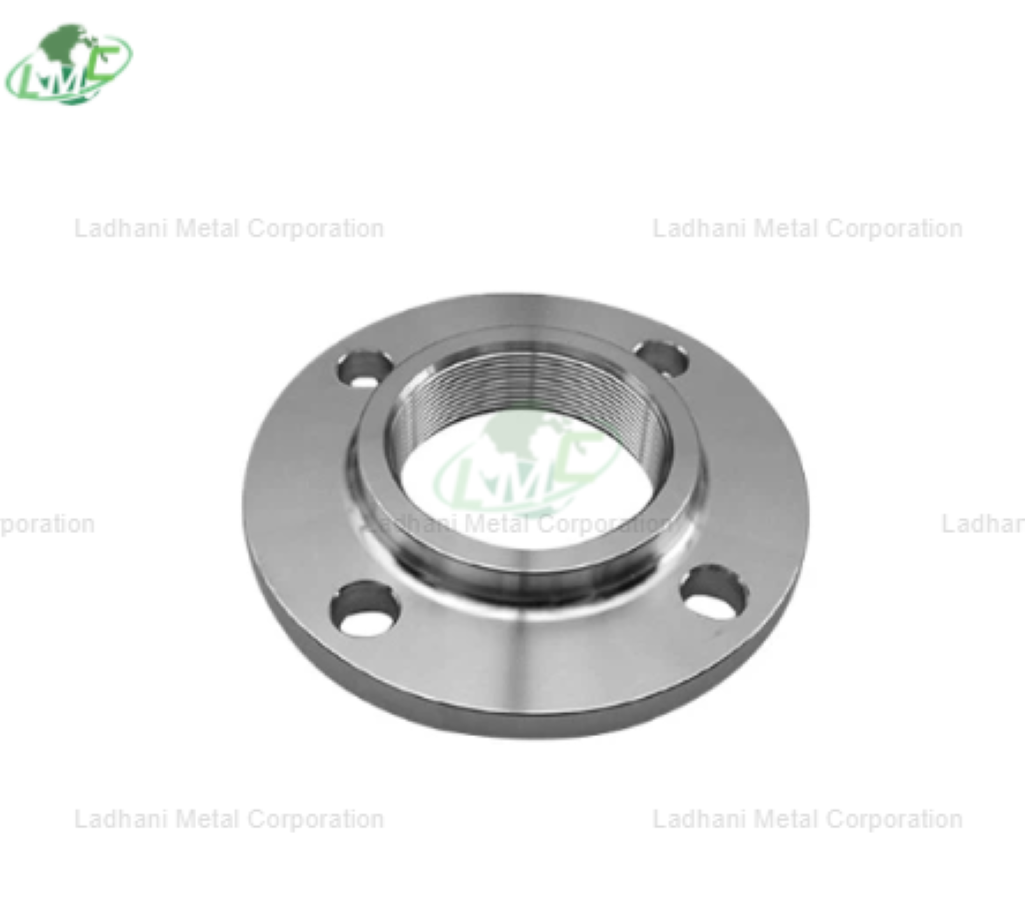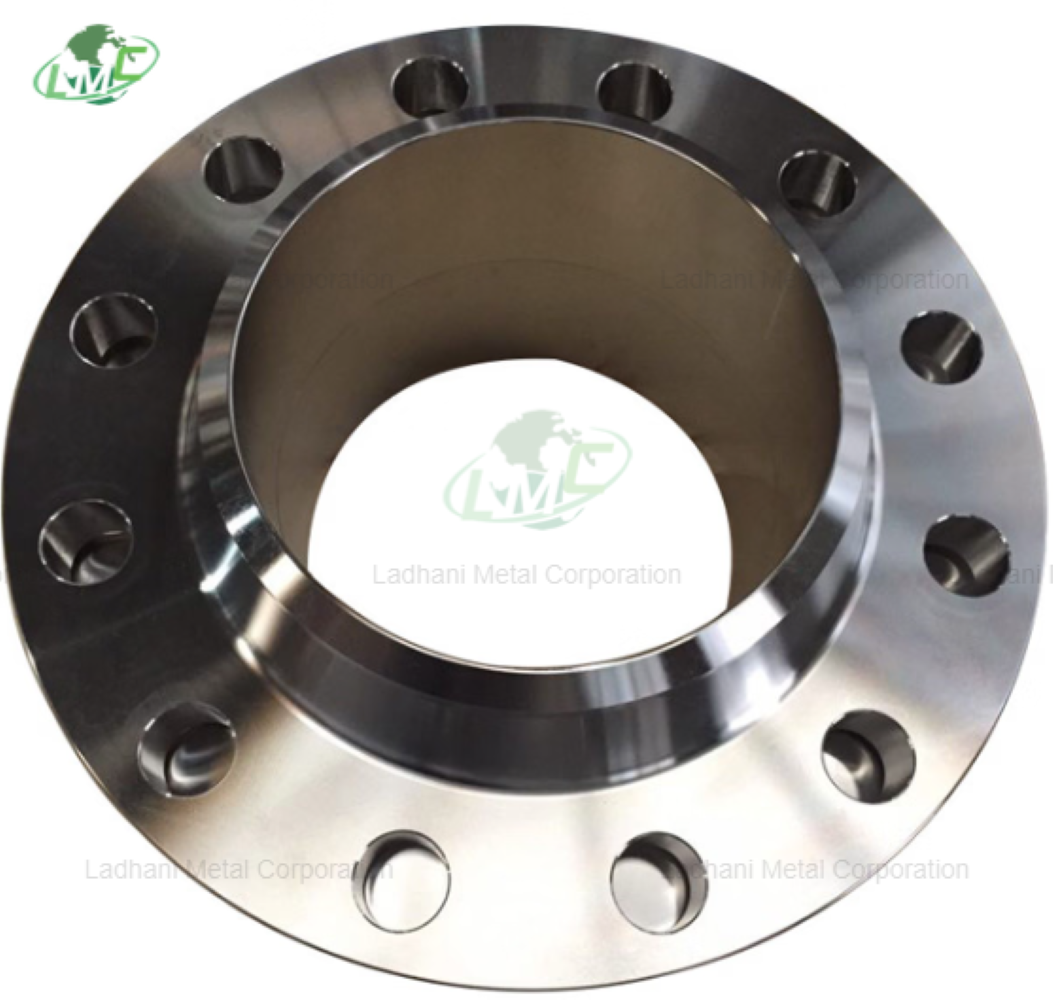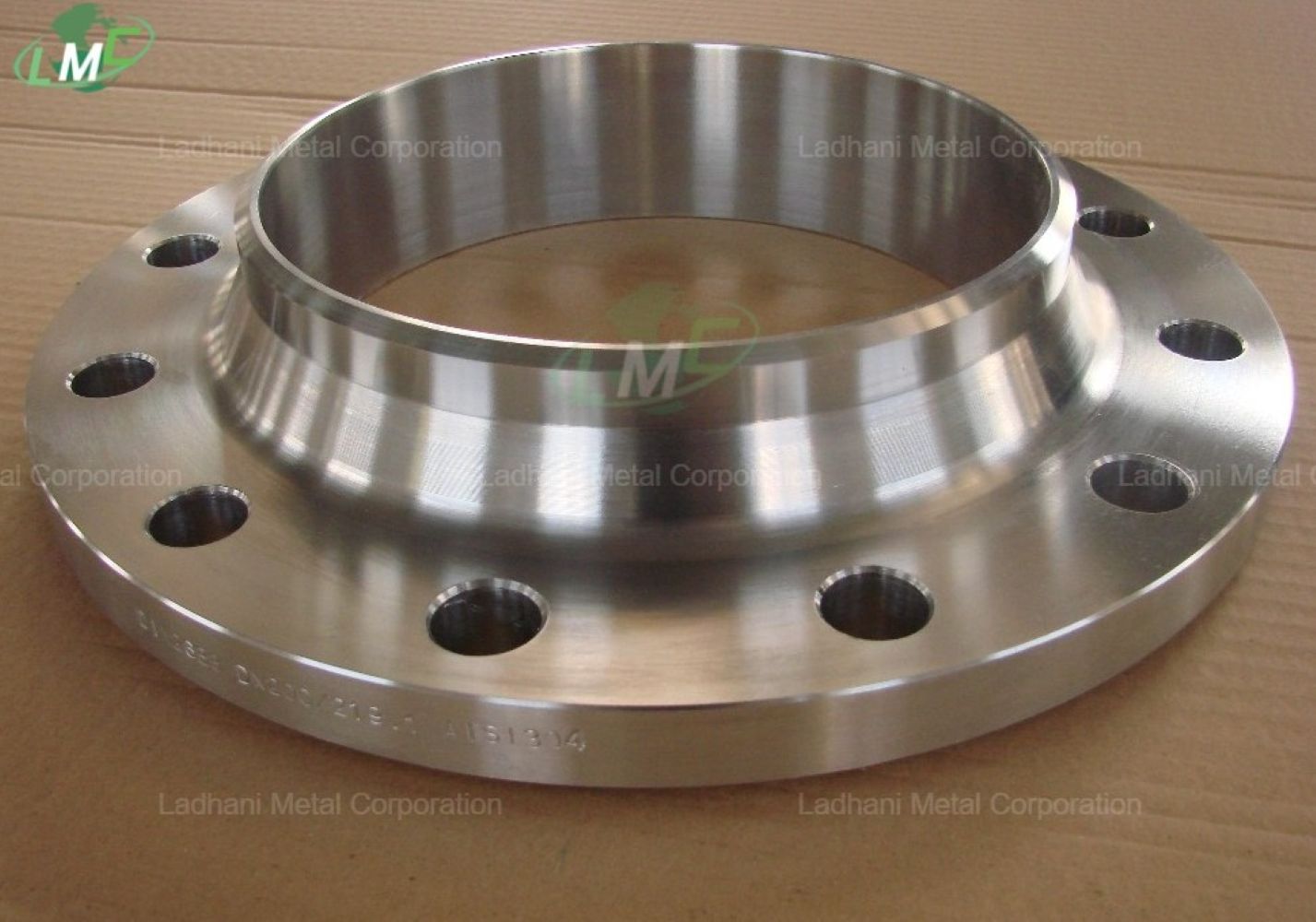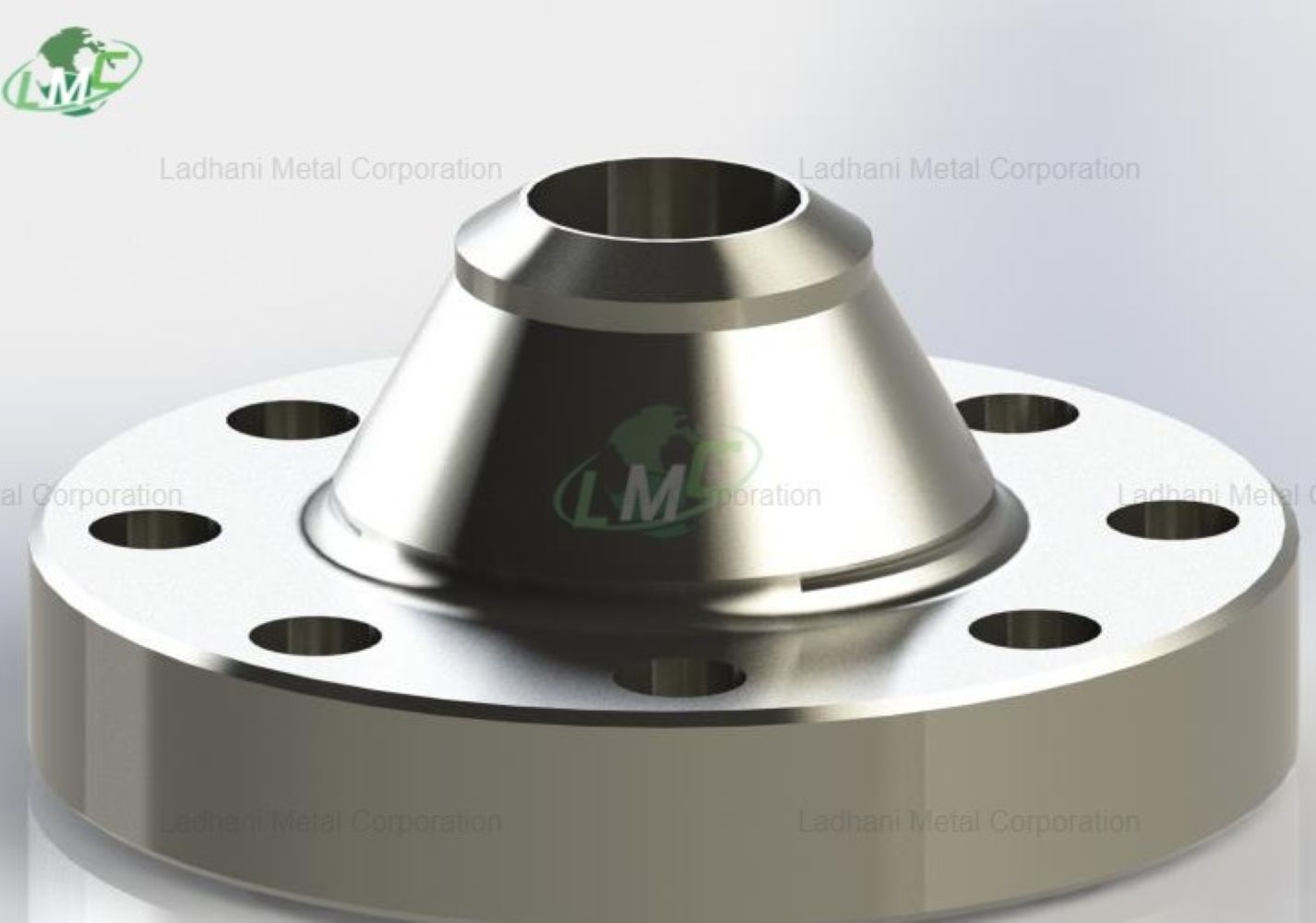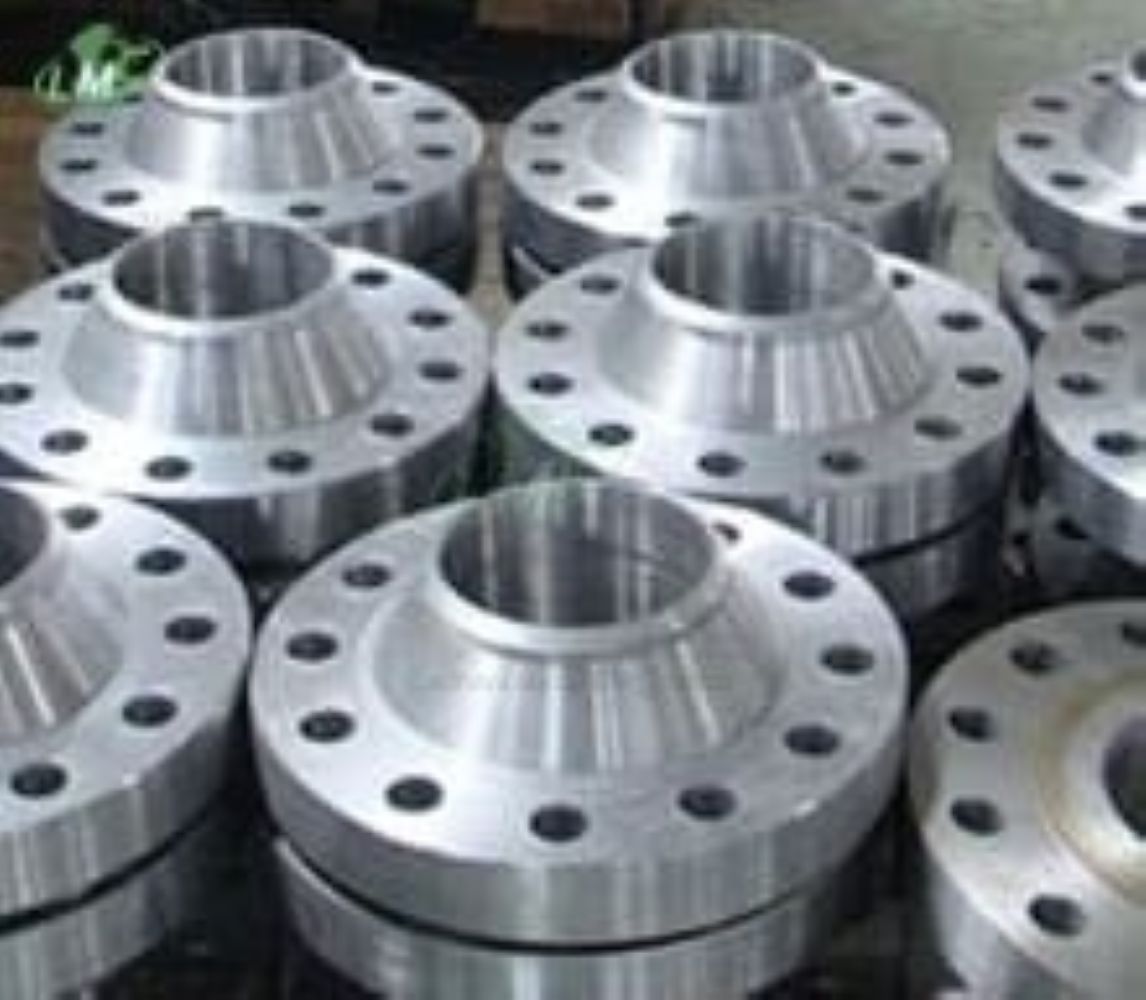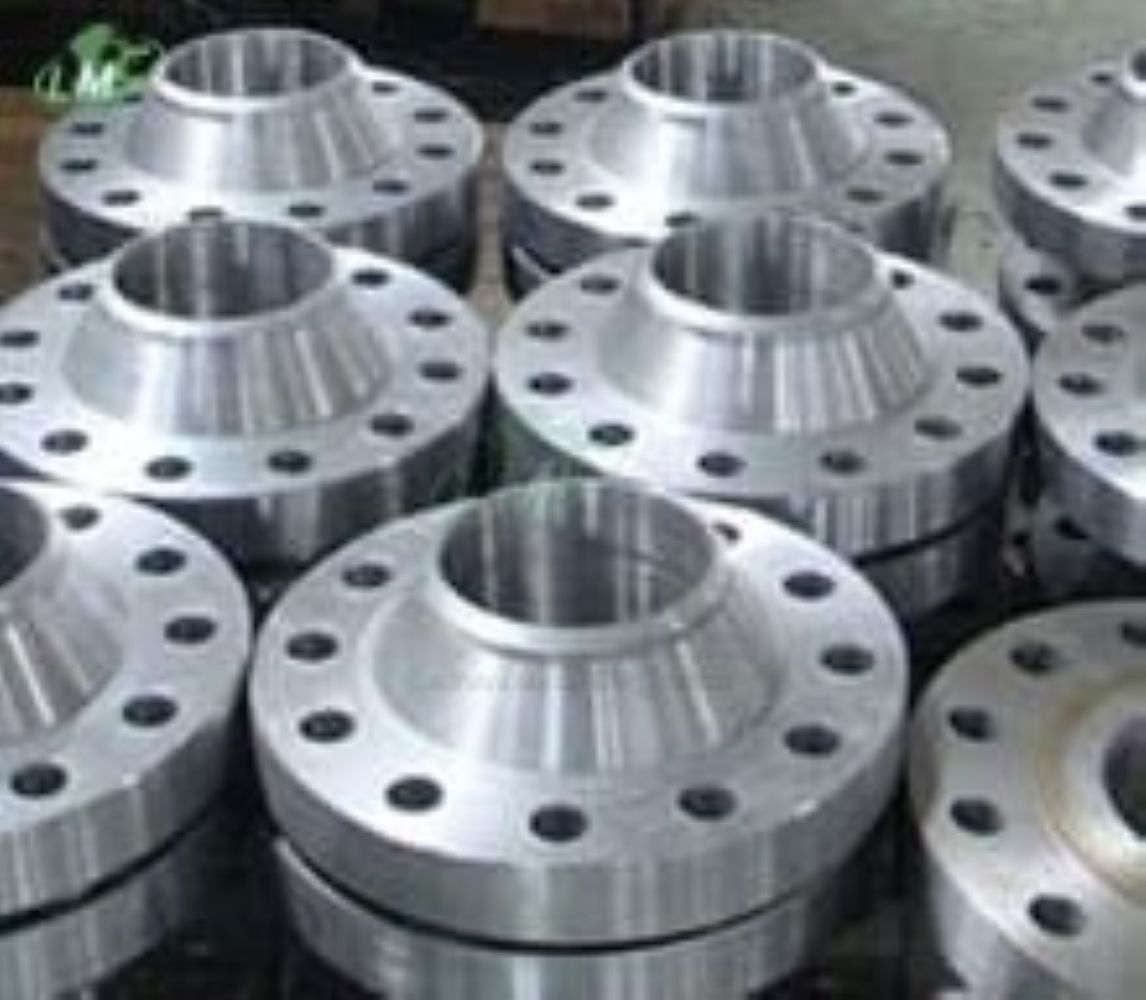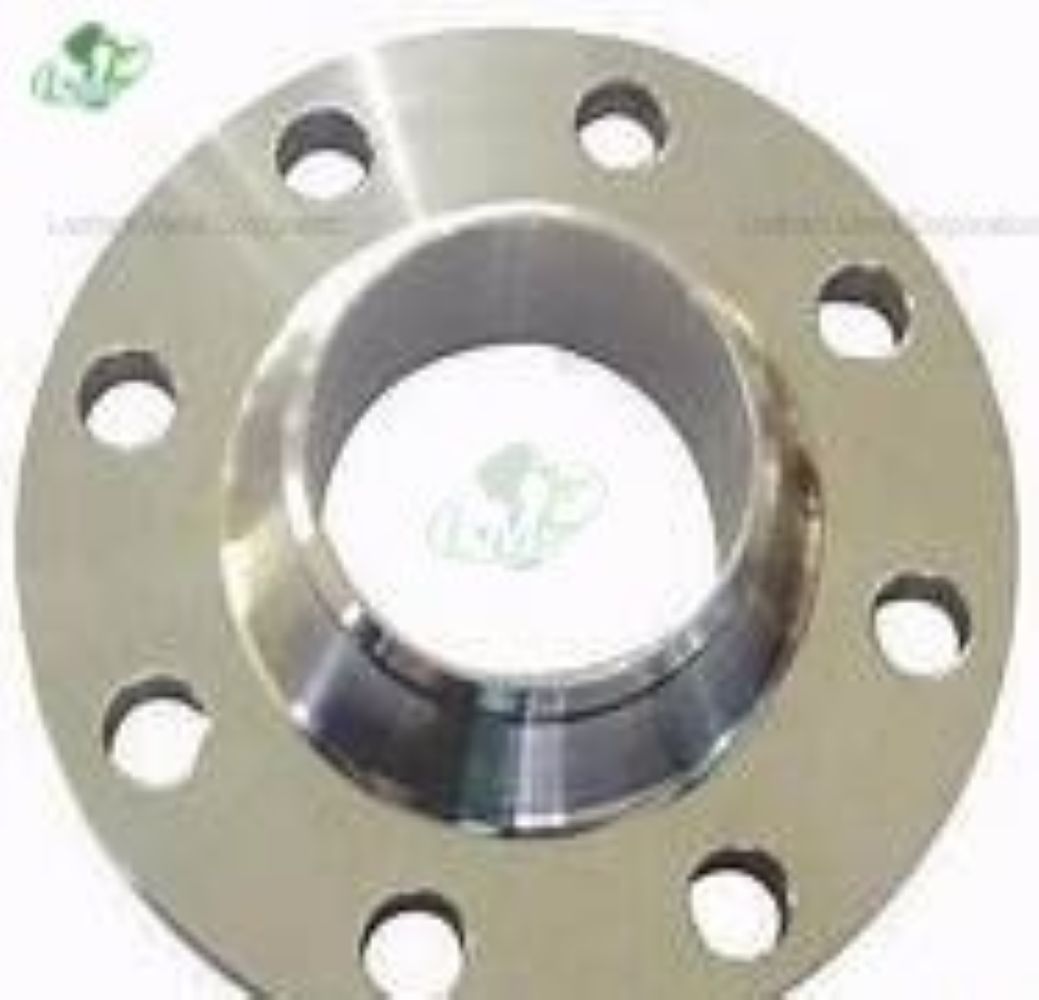QUALITU STANDARD MATERIAL NO. OLD DESIGNATION DC03 DIN EN 10130 1.0347 St 13-03 The deep drawing grade DC03 is specified according to the standard DIN EN 10130, which focuses on cold-rolled flat products made of soft steels for cold forming. This standard defines the technical requirements and test methods for cold-rolled products used in various industrial applications, particularly where high demands are placed on surface quality and mechanical properties. DC03 is a low-carbon steel characterized by excellent cold formability. The chemical composition of DC03 is precisely defined to ensure that the material has the required mechanical properties. Typically, DC03 contains a maximum of 0.10% carbon, a maximum of 0.45% manganese and traces of phosphorus and sulphur. This small amount of alloying elements contributes to the good formability and weldability of the steel. The mechanical properties of DC03 are also clearly defined. The material has a yield strength of at least 140 MPa and a tensile strength of between 270 and 370 MPa. In addition, DC03 has an elongation at break of at least 34%, which underlines its excellent formability. These properties make DC03 particularly suitable for the production of complex components that require high precision and surface quality, such as body parts in the automotive industry or household appliances. The DIN EN 10130 standard also specifies the tolerances for dimensions, shape and surface finish. These tolerances are crucial to ensure consistently high product quality and to meet the requirements of end users. The surface of the cold-rolled flat products can be supplied in various qualities, from matt to glossy, to meet the specific requirements of different applications. The DIN EN 10152 standard specifies electrolytically galvanized, cold-rolled flat steel products for cold forming, including the deep-drawing grade DC03. This standard defines the requirements for the zinc coating and the basic mechanical properties of the base material. DC03, when electrolytically galvanized in accordance with DIN EN 10152, is given an additional corrosion protection layer of zinc. This layer protects the material from oxidative influences and significantly increases the service life of the components made from it. The zinc coating can be applied in various thicknesses, depending on the specific requirements of the application. Typical coating thicknesses range from 5 to 20 µm. The chemical composition and mechanical properties of the base material DC03 remain unchanged after galvanizing and meet the requirements of DIN EN 10130. DC03 therefore retains its excellent cold formability and mechanical performance. The yield strength, tensile strength and elongation at break also remain in the same range as for ungalvanized DC03. In addition to mechanical performance, the quality of the zinc coating is of central importance. The DIN EN 10152 standard specifies the requirements for the uniformity of the coating, the adhesive strength of the zinc and the surface quality. These requirements ensure that the galvanized products offer high corrosion resistance and an aesthetically pleasing surface. The use of DC03 in accordance with DIN EN 10152 is widespread in the automotive industry, in the construction industry and in the manufacture of household appliances, where improved corrosion resistance is required in addition to high formability. Electrolytic galvanizing offers optimum protection here without impairing the excellent mechanical properties of the base material. In summary, it can be said that the deep-drawing grade DC03 offers a wide range of applications in accordance with both DIN EN 10130 and DIN EN 10152. While DIN EN 10130 focuses on high formability and surface quality, DIN EN 10152 supplements these properties with improved corrosion resistance thanks to the zinc coating. Both standards ensure that DC03 is a reliable and high-quality material for numerous industrial applications. Cold-rolled flat steel DC03, produced in accordance with the DIN EN 10130 and DIN EN 10152 standards, offers a number of advantages for applications in the cold forming process. While DIN EN 10130 defines the basic requirements for chemical composition, mechanical properties and surface quality, DIN EN 10152 extends these specifications to include specific conditions for electrolytically galvanized products that offer additional corrosion protection. Both standards together ensure that DC03 is a versatile material with high quality and durability.
Send Message
